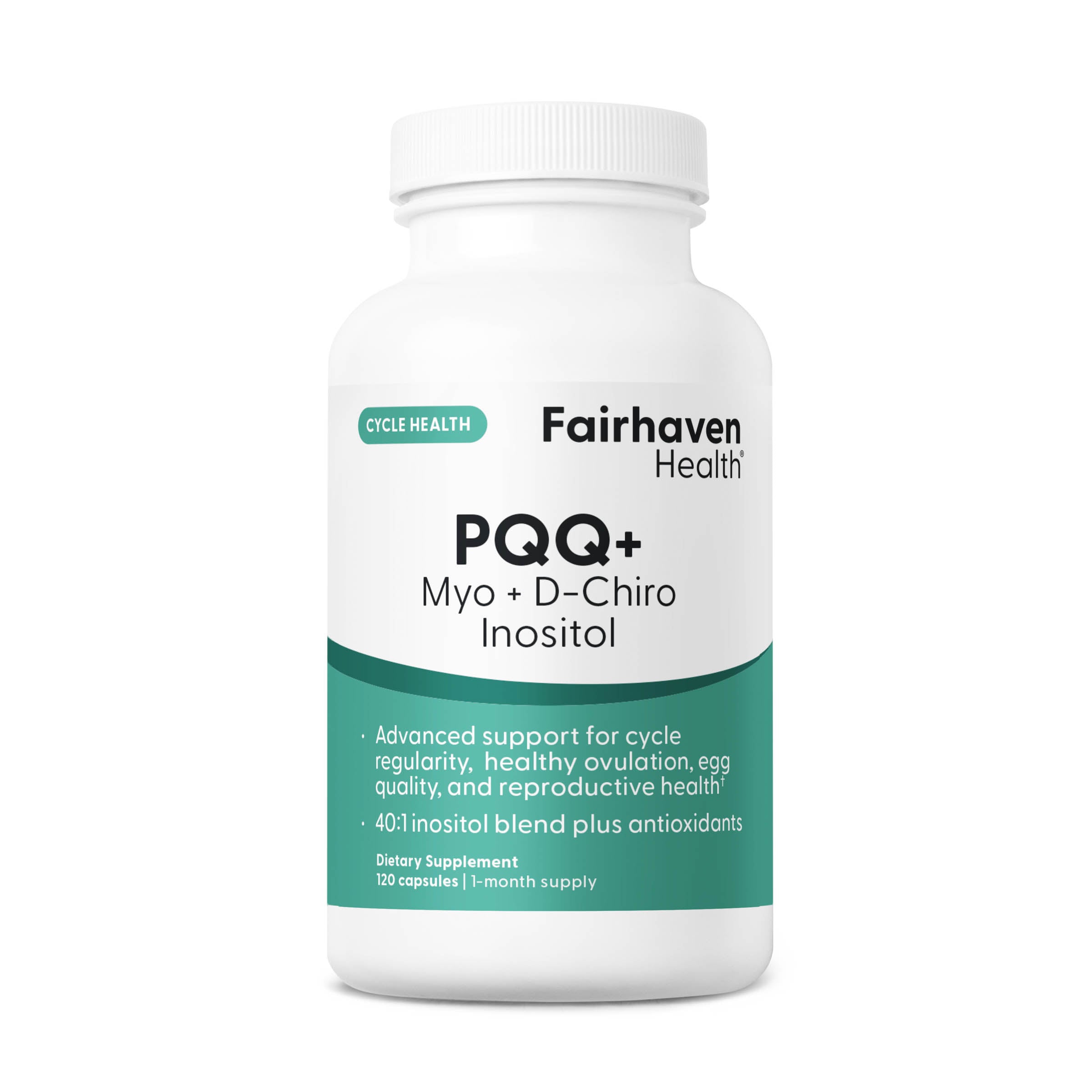Facts and Tips to Help You Conceive Sooner...
- Can I Receive a positive lh test result and not ovulate?
- Can I Receive a negative lh test result and still ovulate?
- How can I increase the accuracy of ovulation tests?
Good questions! Before answering, let's go over a brief overview of fertility and how ovulation predictors work. Ovulation tests function by detecting the sharp rise in luteinizing hormone (LH) that occurs midcycle, just before you ovulate. Ovulation, as you likely may know, is the process by which a mature ovum (casually know as the "egg") is released from the ovarian follicle. Luteinizing hormone is one of the hormonal agents that actually "causes" ovulation, helping break down the wall of the follicle so an ovarian "stigma" is created - a rupture by which the ovum is set free into the fallopian tube. As LH is instrumental in the process of ovulation itself, testing for the increased presence of the LH hormone (the LH surge) is a very reliable indicator of when a women is highly fertile.
Ovulation Test Facts:
- Ovulation tests detect luteinizing hormone, which suddenly, rapidly, and briefly increases in your system right before you ovulate.
- A positive result on an ovulation test indicates peak fertility (best time to conceive a baby).
- A positive result indicates that you will likely ovulate within the next twelve to thirty-six hours.
- Lovemaking should take place the day you receive your first positive result, as well as the following 3 days after.
- A positive result is indicated when the test line is as bold or bolder than the control line.
- You'll likely only see a positive LH test for just one day, perhaps two, and very rarely for three consecutive days. The duration of the LH surge is not long.
- LH is produced by your body in the morning; therefore, you should use an afternoon or evening urine sample.
- Hold your urine for about 4 hours or so before collecting a urine sample.
- As the LH surge is sudden and passes quickly, some women elect to test twice daily.
- Try to avoid flushing the body with liquids/frequent urination before ovulation testing.
- Clomid can cause a "false positive result" if you test too early in your cycle.
- Ideally, with ovulation tests, collect a urine sample at the same time each day and test daily (do not skip a day during the time you should be testing).
- Follow instructions and make sure you begin daily testing when required. Women with different cycle lengths will start on different cycle days. For example if you have an "ideal" 28 day menstrual cycle, begin testing on cycle day 11.
Can I receive a positive LH test result and not ovulate?
LH tests are a highly reliable and very accurate means by which to predict ovulation. Technically, there is a small chance you can have an LH surge and not ovulate, though this would be rare under most normal circumstances. The use of ultrasound by your doctor is actually one of the few means by which to actually "verify ovulation" is about to take place (or taking place). Many women who use ovulation predictor tests also fertility chart with a basal thermometer - and with good reason. A rise in your basal body temperature the day after ovulation takes place is an excellent way to verify that ovulation has occurred, and to predict fertility based on your menstrual cycle/O-date history.
Can I Receive a negative LH test result and still ovulate?
Again, as the LH surge can be sudden and over in a flash, it is possible to receive a negative result and still ovulate. However, there are testing suggestions to help ensure the accuracy and reliability of tests. Most of these tips are covered in the bulleted points above. Most importantly, start testing when instructions indicate (based on your average cycle length); test at the same time every day; "hold your urine"; do not use a first morning urine sample (use later-day samples). If you have a very irregular cycle, you may consider using an ovulation microscope or a fertility monitor. Both of these devices are good choices for women with irregular cycles.
More on Fertility:
- Fertility/Ovulation Phases
- BabyMaking 101: A TTC and Fertility Primer







